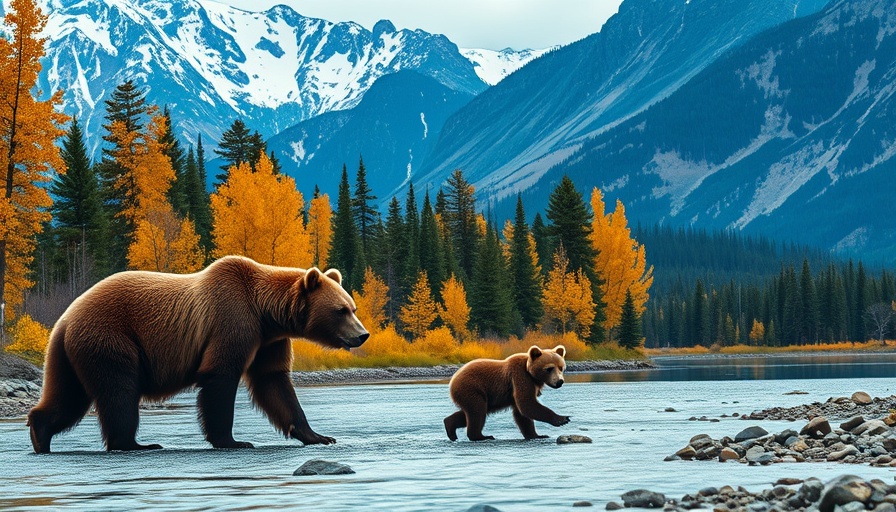
A Speed Record That Raised Eyebrows
When endurance athlete Michelino Sunseri shattered the speed record for ascending and descending the Grand Teton trail in 2024, he was celebrated in outdoor communities for completing the challenging 13.1-mile route in just two hours, 50 minutes, and 50 seconds. However, this achievement soon turned controversial after revelations that he had cut a switchback. This legal ruling serves as a critical reminder of the consequences of thrill-seeking in nature's pristine environments.
Understanding the Legal Implications
Sunseri's guilty verdict marks a significant moment for Federal law enforcement in national parks. A federal judge ruled that by straying from the designated trail, he violated a park regulation aimed at protecting these cherished landscapes. The punishment could involve fines up to $5,000, and while jail time won’t be imposed, the potential for a ban from one of America’s most beautiful parks looms large.
Trail Ethics and Community Responsibility
The incident opens a broader discussion about ethical trail use and the responsibilities of outdoor enthusiasts. The National Park Service’s commitment to maintaining trail integrity comes as hiking and outdoor activities surge in popularity among young professionals and families seeking their next adventure. Yet, as more outdoor enthusiasts tread these paths, the question becomes how to balance enjoyment with environmental stewardship.
The Broader Impact on Outdoor Recreation
Sunseri’s case could reshape policies regarding speed records and trail use, particularly as more runners and climbers follow in his footsteps looking to conquer natural features quickly. A precedent has been set that underscores the enforcement of regulations in outdoor spaces, reinforcing the idea that shortcuts not only impact the ecosystem negatively but also challenge the spirit of fair competition among outdoor athletes.
Lessons in Trail Navigation for Future Adventurers
Whether you’re a seasoned climber or a newbie backpacker, understanding the rules and respecting trail boundaries is essential. Outdoor activities such as hiking and climbing come with a shared responsibility to preserve these environments for future adventurers. As outdoor enthusiasts, remaining informed and advocating for ethical practices in our recreation not only transforms our experiences but also ensures that wilderness remains wild.
 Add Row
Add Row  Add
Add 




Write A Comment